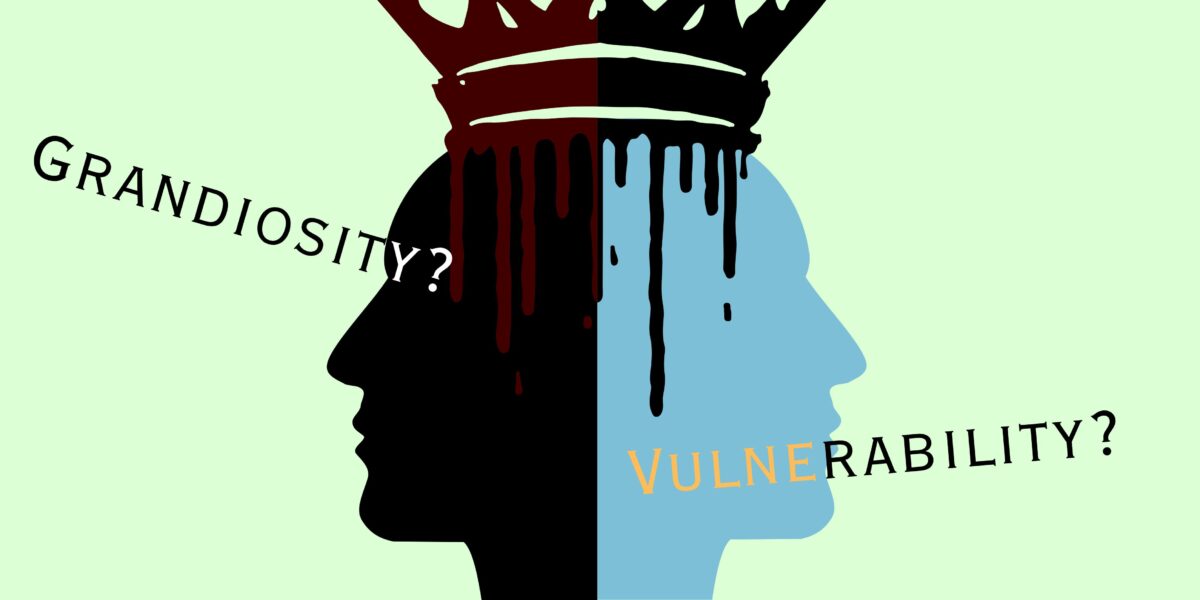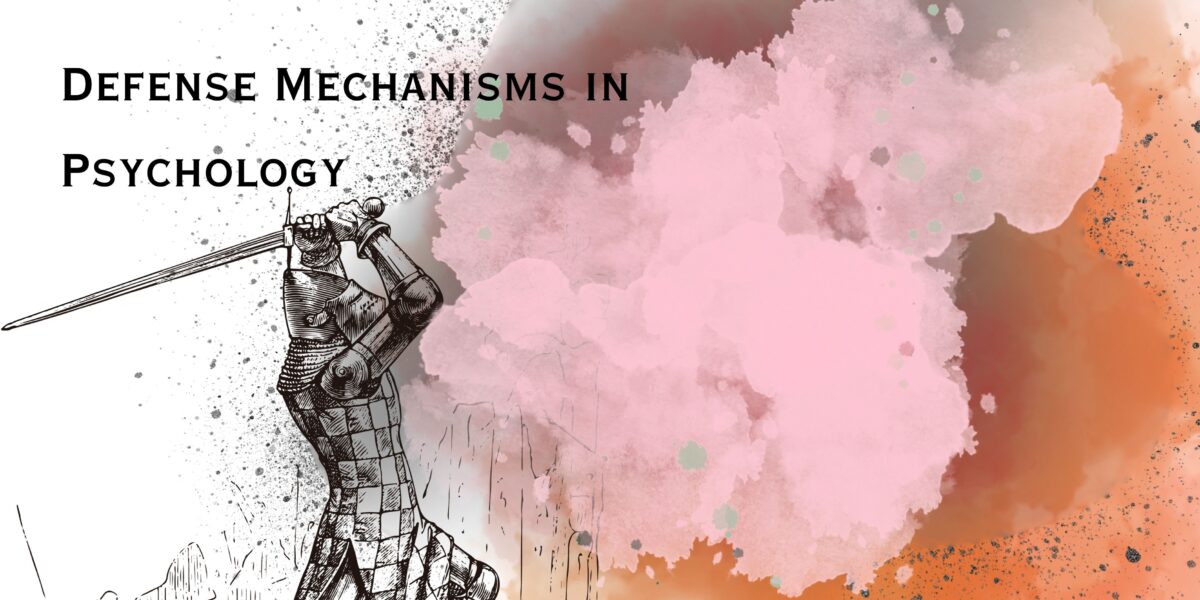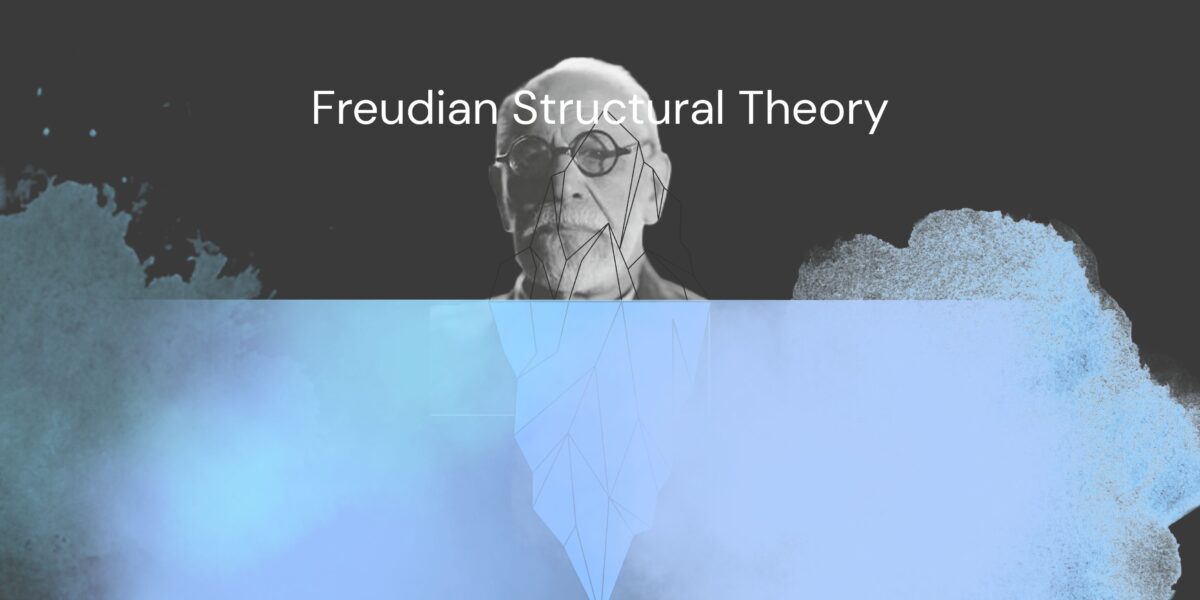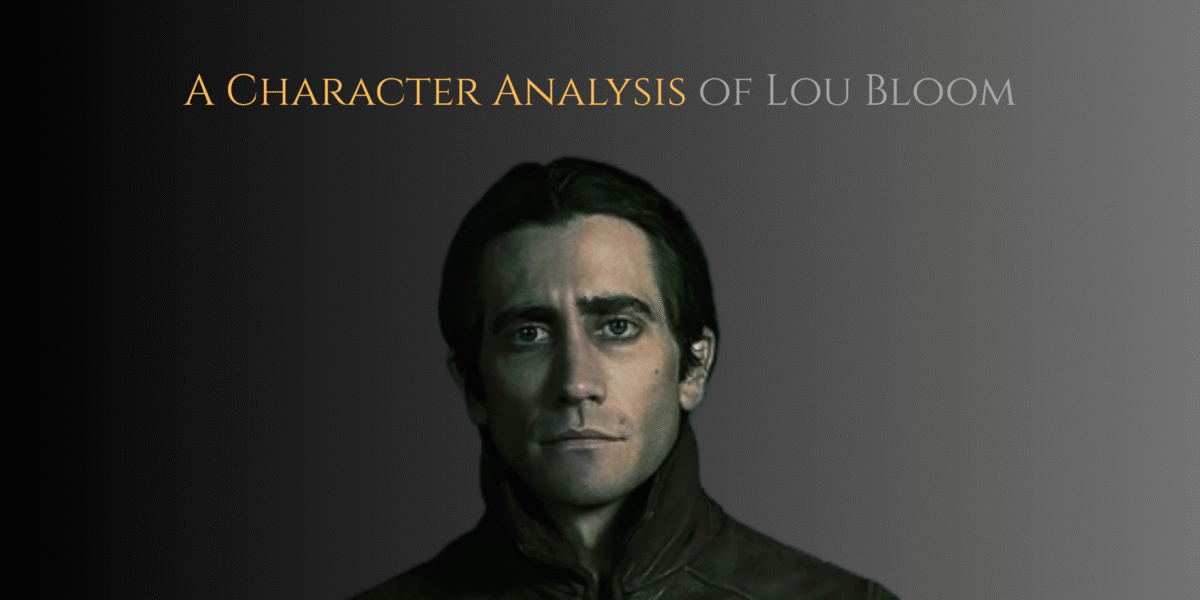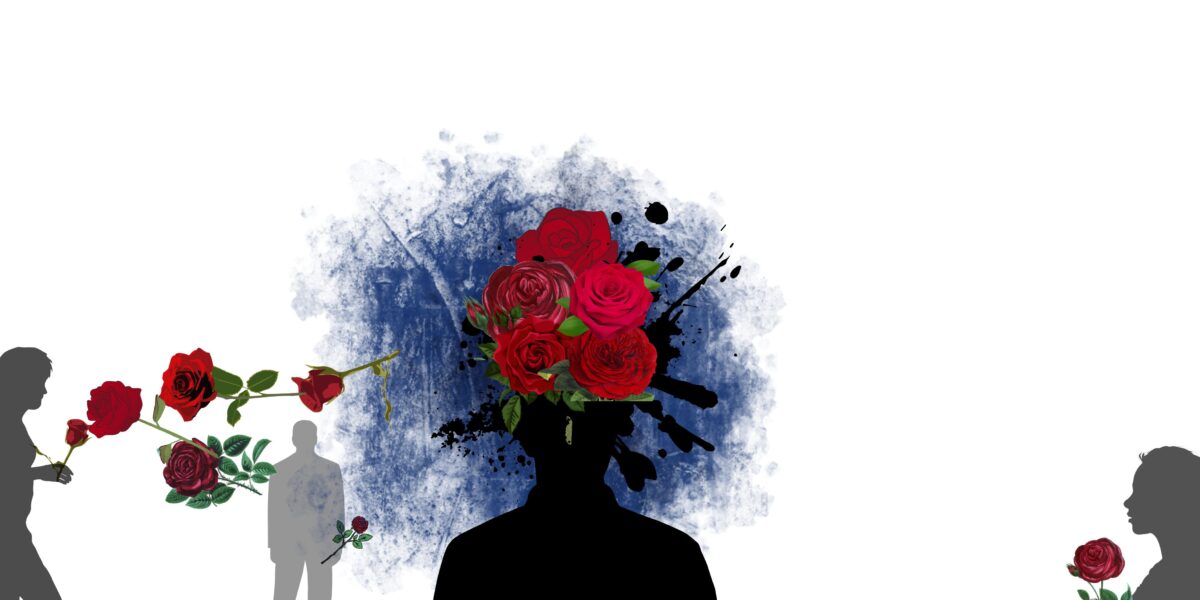When most people hear the word narcissist, they picture someone loud, arrogant, and obsessed with admiration. The confident boss who can’t take criticism. The partner who always needs to win. The friend who somehow turns every conversation back to themselves. Recent depictions of narcissism often circle around serial killers like Joe Goldberg or Patrick Bateman […]
